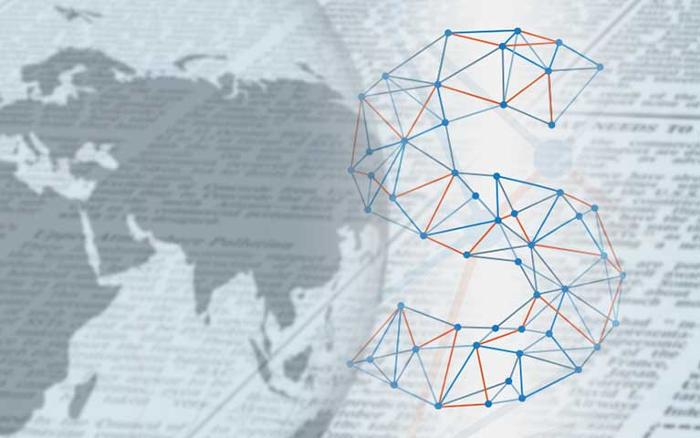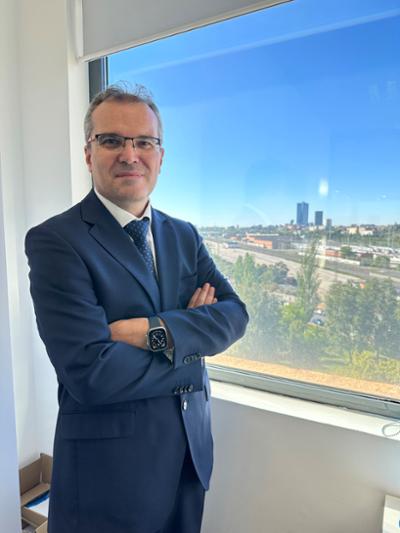

Andrés Martínez (CEUSS): It is important to take advantage of SICUR’s great showcase to drive security forward
In a context dominated by geostrategic military conflicts, hybrid threats and technological, operational, and climate risks, prevention is essential to effectively manage security incidents, as explained in the following interview by Andrés Martínez, president of the Confederation of Business Users of Security and Services (CEUSS). Moreover, Martínez affirms that it is important to take advantage of “the great showcase that SICUR represents to drive the value chain of the security world in society, by highlighting future challenges and generating specialised technical insight.”
What are the main needs of security users?
On the one hand, users need access to a quality, competitive security services market that is capable of meeting a growing demand—both in volume and complexity. On the other hand, as security directors and managers of their organisations, users face increasing threats that are more interconnected among themselves and with public security, which inevitably creates the need for greater collaboration and coordination with government authorities, as an integral part of public safety.
How important is collaboration in developing preventive measures?
In an environment dominated by geostrategic military conflicts, hybrid threats, and technological, operational and climate risks, prevention is essential to be able to manage security incidents effectively. If we add the growing interdependence between essential services and between public and private security, it becomes clear that collaboration is the only way to successfully implement preventive measures.
In this regard, there is often a call for greater public-private collaboration in the security sector, but I believe it is equally important to promote cross-sector collaboration, focusing on the sharing of relevant threat intelligence and the coordinated management of crises, particularly those involving interdependencies between organisations.
What role does specialised training play in corporate security departments?
Training has always played a key role in security, directly proportional to the complexity of the threats that we have mentioned and also to the increased technological sophistication of security services and products—which long ago surpassed the classic surveillance/reaction model and evolved toward monitoring/prevention, with a business support mindset.
This evolution in security has brought about the need for specialised training in areas such as intelligence, data analytics and drones, among others.
In your opinion, what role does SICUR play in the development of security and prevention?
SICUR is the most important security trade fair in Spain and truly the main point of reference for professionals in the sector. It represents both a barometer of the state of the sector and its latest developments, and an opportunity to present the industry externally as a future-oriented sector with a key contribution to society.
Therefore, it is important to take advantage of this great showcase to strengthen the security sector’s value chain, highlight future challenges, generate specialised technical discourse, and ultimately help ensure that security continues to be regarded as one of the great social assets that must be promoted, improved, and protected.





